The UK has extended its training programme for Ukrainian troops until at least the end of 2026, in a move Defence Secretary John Healey said will ensure Ukraine is in “the strongest possible position” as peace negotiations intensify.
The announcement coincided with Ukraine’s Independence Day celebrations, marking 34 years since the country broke from Soviet rule. “This matters to Ukraine and it matters to Britain,” Healey said. “A secure Ukraine is a secure Europe.”
The extension of Operation Interflex comes as diplomatic efforts accelerate. The Prime Minister travelled to Washington last week for talks with President Trump and President Zelenskyy, while the Chief of the Defence Staff joined NATO counterparts to refine plans for a multinational “Coalition of the Willing” force. The UK and France are leading work on such a force, which could be deployed to Ukraine in support of a peace agreement.
The Ministry of Defence said the UK is spending £4.5 billion this year on military support for Kyiv – its largest commitment yet. This includes a £1.6 billion deal announced in March to supply more than 5,000 air defence missiles, creating 200 new jobs and sustaining a further 700 in the UK defence industry. A record £350 million is also being invested to boost the supply of drones to Ukraine, from 10,000 in 2024 to 100,000 in 2025.
The press release pointed to stark battlefield losses, citing open-source reporting that Russia has lost over 4,000 tanks since the full-scale invasion began, compared to around 1,250 for Ukraine. Russian armoured vehicle losses are reported to be more than double Ukraine’s.
Healey said the extension of training was as much about shaping a future deterrent as supporting the current fight. “As the push for peace continues, we must make the Ukrainians into the strongest possible deterrent to secure that future peace,” he said.
The UK frames its training and equipment support not only as a direct boost to Ukraine’s survival but as an investment in its own security, reducing the risk of wider destabilisation and economic disruption. The Defence Secretary added that closer industrial cooperation has been one by-product of support for Kyiv, “supporting jobs across the nation” as the government pursues its Plan for Change.
Events marking Ukrainian Independence Day were held across the UK, including at Interflex training sites where nearly 2,000 recruits and British personnel took part. Artem, a Ukrainian soldier undergoing leadership training, said the courses helped him prepare troops for survival and offensive action. “Instructors ensure that classes are conducted in conditions as close to real-life as possible, whether it be in trenches, in a forested area, or in an urban area,” he said.


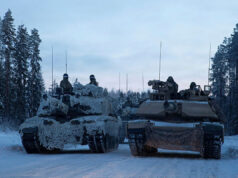

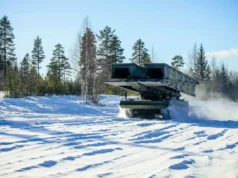
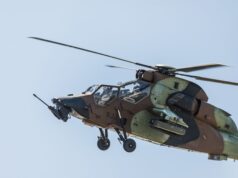

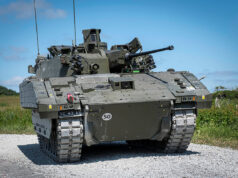
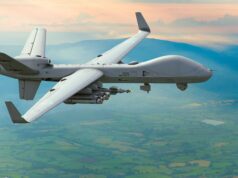
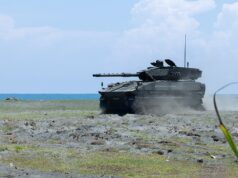
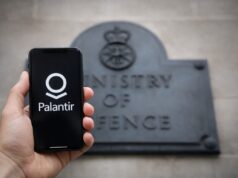
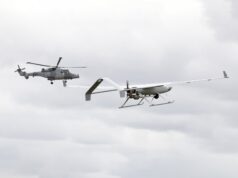

Benefits both nations. The obvious benefits for Ukraine I won’t comment on but what does Britain get out of this?
1. The British Army is gaining huge experience of training a conscript army, something we haven’t done since the end of National Service. I’m not saying we would ever put people on the front line after, what is it, a six week training package but we are practising the logistics, training the trainers and those trainers are having to get their heads around the different needs of the civilian in uniform.
2. We can’t match some other countries in terms of equipment but this training is equally valuable. The Allies (not including the US, are they an ally?) need to offer whatever they can.
I think the bigger advantage is the feedback we’re getting from the Ukrainians, both in terms of the direct feedback from troops that have been trained and come back as translators and from the higher level working relationships we’ve made with them (which can be leveraged for actual analysis). The army has a decent amount of experience with training a variety of forces, in terms of the actual process of training the Ukrainians (rather than the tactics) I don’t think there where huge lessons learned.